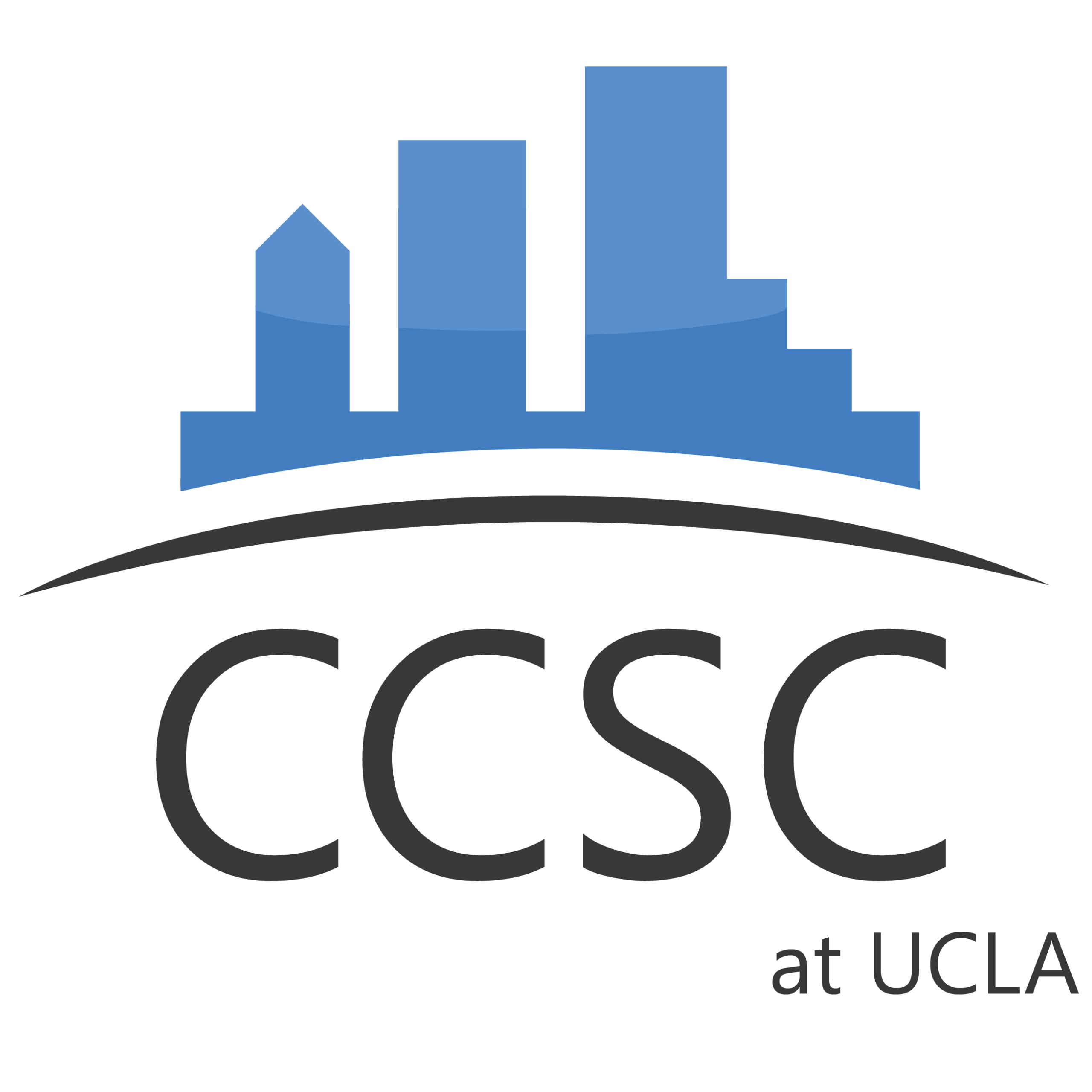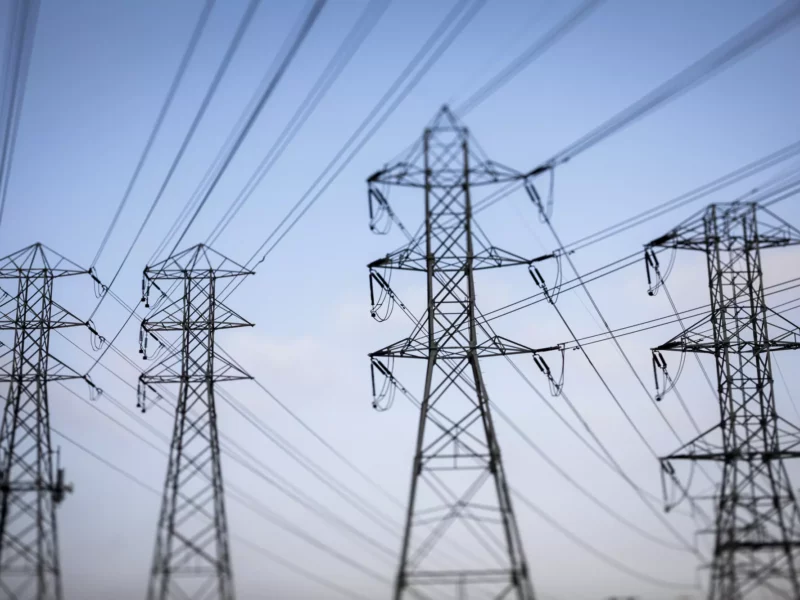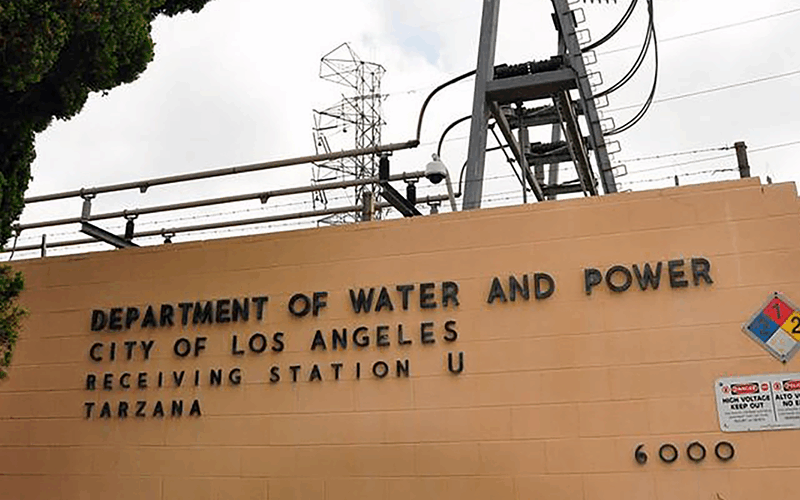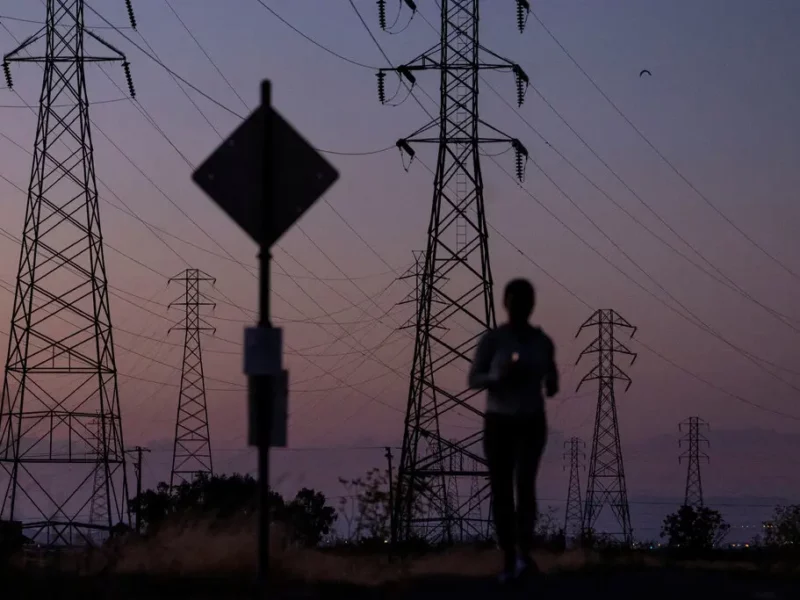Headline
L.A. is going electric. Can it do so equitably?
Stephanie Pincetl, a lead author and director of the California Center for Sustainable Communities at UCLA, said the assessment is an exceptional example of national and international leadership, but stressed that there is much work yet to be done. “Clearly, inequities are historic and they’re deeply embedded in the city’s bones,” Pincetl said. And while the report outlines a number of strategies, “the challenge today is to figure out which ones are the most urgent, which ones are the medium term and which ones are the longer term.”







